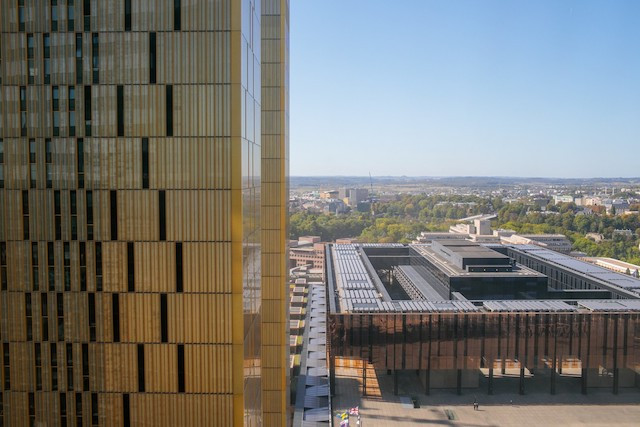Luxembourg has yet to fully transpose a 2014 directive, the commission said. “These rules make it easier for member states’ authorities to recover the profits that criminals make from serious and organised crime,” it said in a statement.
Member states were required to implement the directive into national law by 4 October 2016, and Luxembourg has taken 10 measures, an online tracking tool shows.
“Luxembourg has always actively worked for the full and compliant implementation of the said directive and will table the government amendments in the coming weeks,” the justice ministry said in a statement, adding that the pandemic and the complexity of the subject were behind the delay.
A 2019 draft law, which responds to the failings highlighted by the commission, is in the process of being finalised, the ministry said. The commission “has been informed of the whole legislative process,” a spokesperson said.
The commission in 2019 sent what is called a reasoned opinion to Luxembourg, a formal request to comply with EU law. This forms part of the infringement procedure and requires member states to reply within a specified period, usually two months, of the measures taken to remedy the situation.
“To date, Luxembourg has not notified the commission of the full transposition of the directive into its national law,” the 9 June statement said further.
The ministry in its statement acknowledged the “absence of legal texts in Luxembourg's legal standards proving/demonstrating the existence of the complete transposition of the directive.”
Luxembourg is working to implement the text before the Court of Justice reaches a verdict, which could result in a penalty for every day that the directive isn’t applied.
The commission called the directive “a crucial tool to break criminals' business models and combat organised crime.”
Only about 2% of criminal proceeds are frozen and 1% confiscated in the EU, meaning organised crime groups can expand their activities through illegal profits, infiltrating the legal economy, the commission said. “Freezing and confiscating criminal assets is key to ensure that crime does not pay.”
